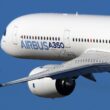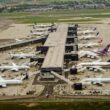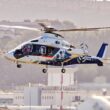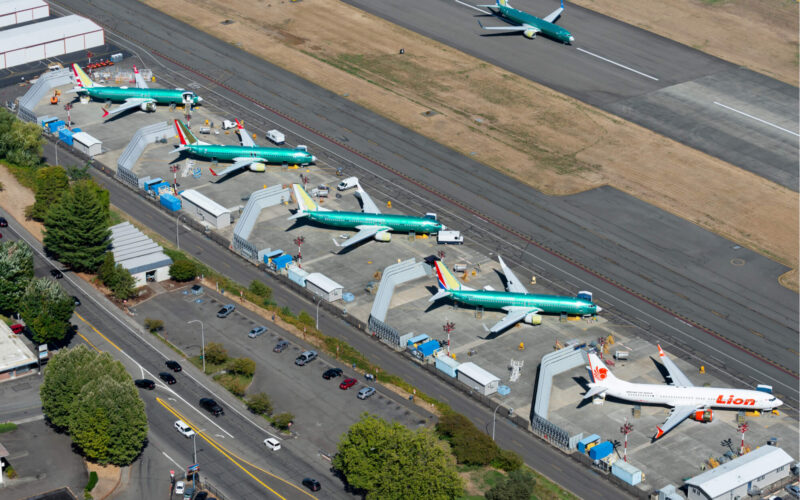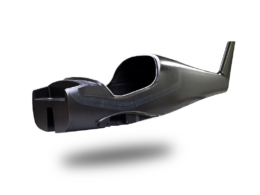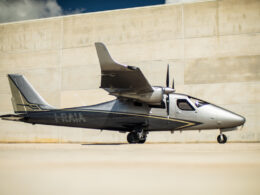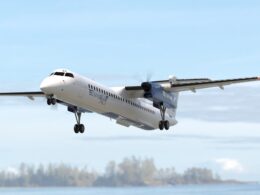The recertification campaign of the Boeing 737 MAX that was expected to begin in April 2020 is reportedly postponed to May of the same year due to the disruption caused by the coronavirus epidemic. Additionally, new flaws were found in the flight control software.
Recertification caught in coronavirus epidemic response
In early March 2020, Steve Dickson, the chief of the Federal Aviation Administration, said the first 737 MAX recertification flight was a matter of weeks. “We’re working through the last few software review and documentation issues and then I think within a matter of a few weeks we should be seeing a certification flight,” Dickson said at the time.
It had been a year since the global fleet of MAX was grounded after the two crashes of Lion Air and Ethiopian Airlines flights that killed 346 people.
Since then, the aviation industry has been hit hard by the coronavirus epidemic, so much so that the recertification flights of the aircraft type were reportedly postponed by two months, to May 2020.
With the temporary shutdown of the South Charleston assembly line from April 6, 2020, Boeing stopped all of its production. The containment measures such as social distancing had made work impossible. While some of the employees of the manufacturer and of the FAA are able to continue working, some areas, including the flights themselves, would require a physical presence that is for now unwanted.
The delay should not have consequences for the return to service of the MAX expected for June 2020, AFP reports.
Two new flaws found in Boeing 737 MAX software
Boeing identified two problems in the flight-control computer of the 737 MAX, according to Reuters. One is reportedly due to “hypothetical faults” in the computer’s input of the plane’s pitch. It is, however, unrelated to the MCAS, which caused the two crashes by forcing the nose of the aircraft down. The other could potentially disengage the autopilot during the landing phase.
An upcoming update of the computer’s software should address both problems, which were not observed during any flight. The FAA was informed of the issues.
There again, Boeing says that the return to service schedule remains unaffected.
In anticipation of the upcoming certification flights, Boeing conducted test flights in February 2020, using a 737 MAX 7 as an MCAS testbed. The aircraft was seen hopping on and off in several U.S. airports. The preliminary tests already helped identify a flaw in an indicator light warning of the aircraft’s trim system.

